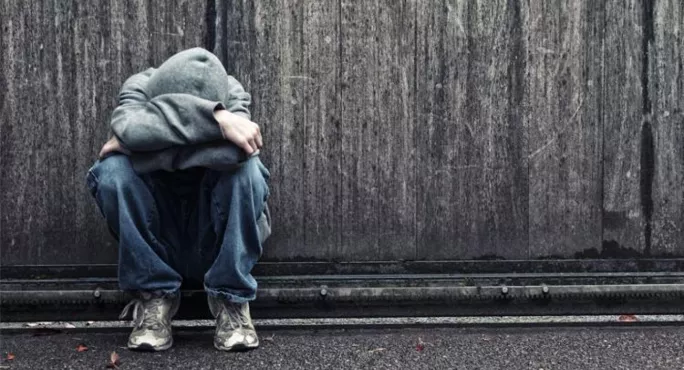I’ll lay my cards out straight away: as far as I am concerned, there is no place for physical violence within schools. Adults generally enter the profession to educate and inspire the young, and hopefully to enjoy a rewarding career. Children go to school to learn a range of knowledge and skills, ideally within a safe and happy environment.
But following a recent court case in which the parents of an autistic child challenged the exclusion of their child from school, based on behaviour linked to the child’s diagnosis, my position on this has been challenged.
Many have jumped on this case to suggest that headteachers like me who uphold standards are trigger-happy with exclusions, and insensitive to the needs of children with special educational needs and disabilities (SEND). They suggest we may be excluding children with SEND for behaviours that are no fault of their own.
Skewed debate
This is simply not the case. And the debate has become skewed to be of no benefit to the children themselves, let alone the school.
This is because we are in danger of excusing - and legitimising - behaviour that has nothing to do with a diagnosis of autism. Physical violence is not a trait of autism. Some autistic people can become physically aggressive as a result of increased anxiety levels, but this is potentially the case for anyone.
Of course, reasonable adjustments need to be made within schools for children with autism and permanent exclusion must always be taken as a last resort. But the current debate misses the nuances of the issue.
Failing the child
Potentially, a child could be mildly autistic, but with poor behaviour, and decide to hit their teacher. What does a headteacher now do in this situation?
We need to be preparing children for adult life when, autistic or not, physical violence is a criminal offence. Who are we really helping if we do not enforce the rules of society and do so at an early age when the repercussions are much less than they would be in the adult world, and where we have the time to coach acceptable behaviour?
We are in danger of making it acceptable to be physically violent in a school setting. If we have exhausted our adjustments, if we have coached the child all we can, then the safest and fairest thing for all involved is for that child to get the help they need in a specialist setting. If we make this impossible, we are doing harm to the child and opening our teachers up to the huge risk of physical attack.
Mike Fairclough is headteacher of West Rise primary in East Sussex




